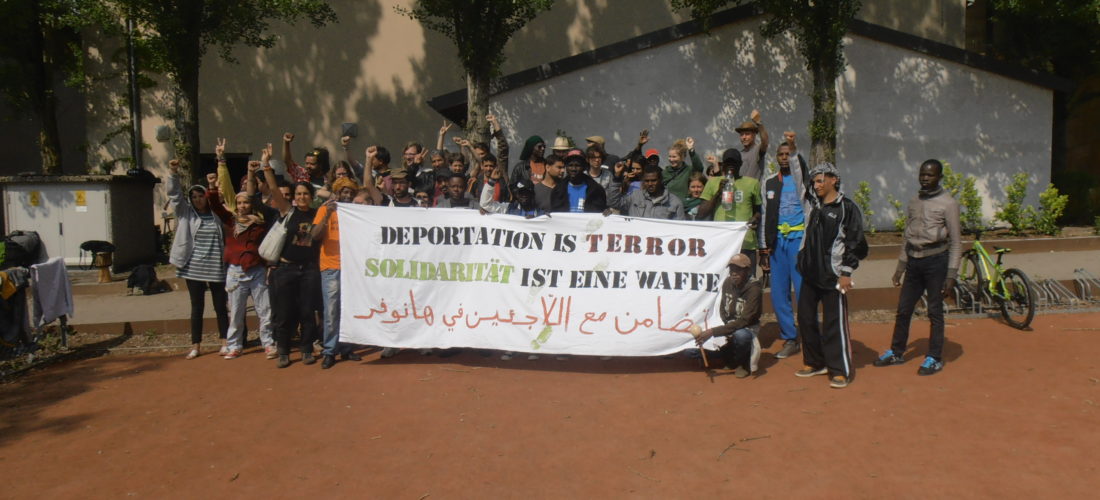Abstract: When detainees go on hunger strike or riot or occupt the roofs of detention centers, their actions are usually narrated by governments keen to discredit them and their actions as criminal and manipulative and evidence of their barbarity and difference. A secondary, counter-narration is provided by detainee supporters who explain the actions as evidence of detainees’ distress and deteriorating mental health. The voices of the actors themselves, people held in detention and taking protest action, are rarely heard in depth. Drawing on in-depth interviews with refugees formerly held in Austrailian immigration detention centres, and the words of Hannah Arendt, this article argues that the experience of immigration detention is fundamentally dehumanizing and that while detainee protest was aimed at attaining certain material outcomes, it also served important existential functions. The fact of protest was a rejection of a powerless state, a way for detained refugees to experience their own agency and, with it, restoration of some of the “essential characteristics of human life” and a means to use their reduction to “bare humanity” as a basis for insisting upon a place in the polis.
